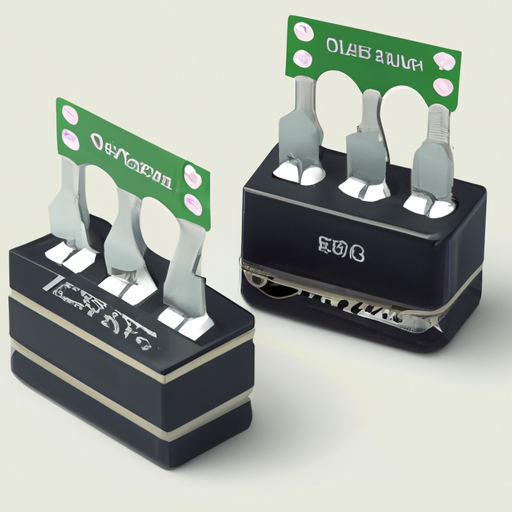Overview of Bridge Rectifiers
Bridge rectifiers are fundamental components in power electronics, serving the critical function of converting alternating current (AC) into direct current (DC). They consist of four diodes arranged in a bridge configuration, which allows for full-wave rectification. This means that the rectifier can convert both halves of the AC waveform into usable DC, making it more efficient than half-wave rectification. The versatility and efficiency of bridge rectifiers make them indispensable in a wide range of applications, from power supplies to electric vehicles.
Core Functional Technology of Bridge Rectifiers
| 1. Diode Configuration | |
| 2. Voltage and Current Ratings | |
| 3. Efficiency | |
| 4. Thermal Management | |
| 5. Filtering and Smoothing | |
| 1. Power Supply Units (PSUs) | |
| 2. Battery Chargers | |
| 3. Electric Vehicles (EVs) | |
| 4. Industrial Automation | |
| 5. LED Lighting |
Application Development Cases
Conclusion
Bridge rectifiers, such as the ECS-F1VE685K, are vital components in modern electronics, enabling efficient conversion of AC to DC. Their applications span various industries, including power supplies, battery charging, electric vehicles, industrial automation, and LED lighting. A thorough understanding of the core technologies and development cases associated with bridge rectifiers empowers engineers to design more effective and reliable electronic systems, ultimately enhancing performance and user satisfaction.






